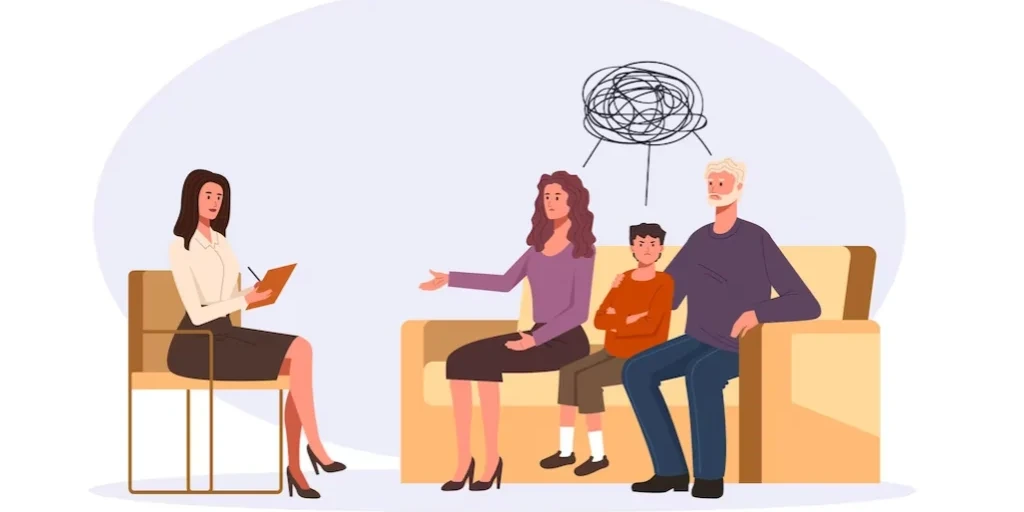24/7 Helpline:
(866) 899-221924/7 Helpline:
(866) 899-2219
Learn more about Bipolar Disorder Treatment centers in Tonkawa

Other Insurance Options

Carleon

Multiplan

Medical Mutual of Ohio

BlueShield

Covered California

CareFirst

Anthem

Sliding scale payment assistance

Evernorth

Cigna

PHCS Network

Magellan

Choice Care Network

Health Choice

Self-pay options

Meritain

MHNNet Behavioral Health

Aetna

EmblemHealth

Horizon Healthcare Service

Tonkawa Tribe – Substance Abuse Program
Indian Alcohol and Substance Abuse Tonkawa Tribe of Oklahoma offers outpatient services for people s...


Alpha II
Alpha II is a private rehab located in Tonkawa, Oklahoma. Alpha II specializes in the treatment of a...




Edwin Fair Community Mental Health Center – Kay County
Edwin Fair Community Mental Health Center – Kay County is a private rehab located in Ponca City, Okl...

Bridgeway
Bridgeway is located in Ponca City, Oklahoma. Bridgeway provides substance abuse treatment.

Ponca City Rightway Medical
Ponca City Rightway Medical is a private rehab located in Ponca City, Oklahoma. Ponca City Rightway ...
































































